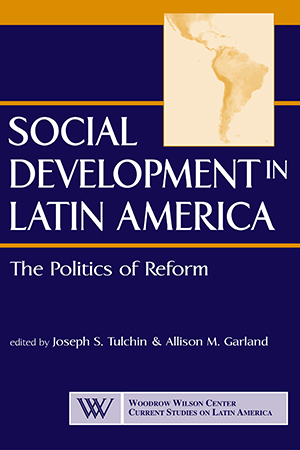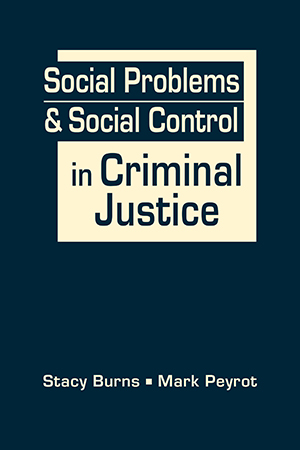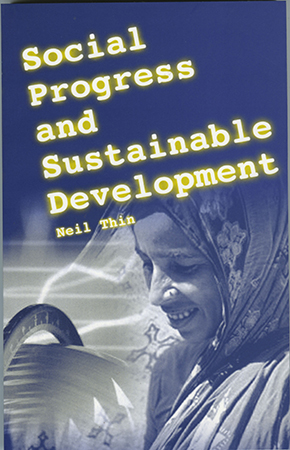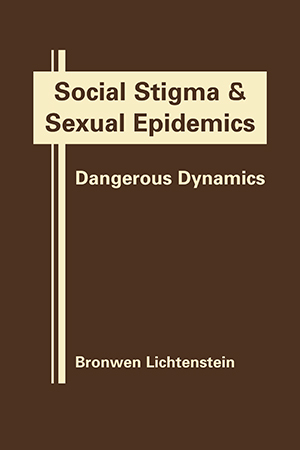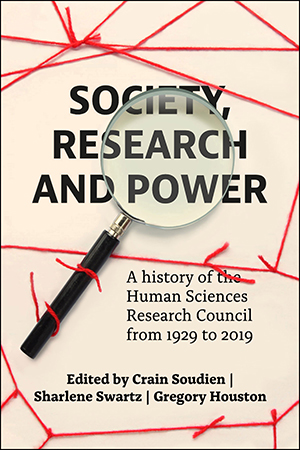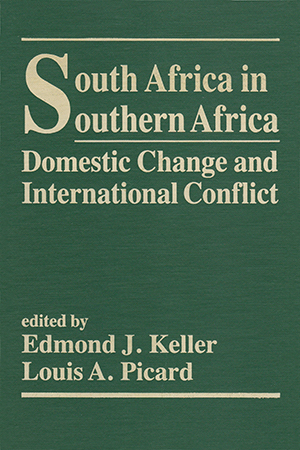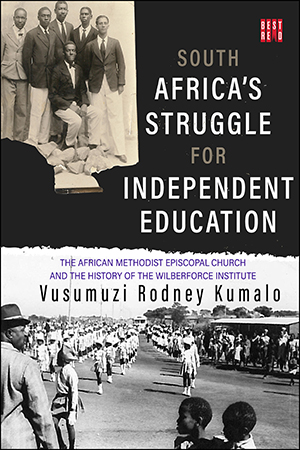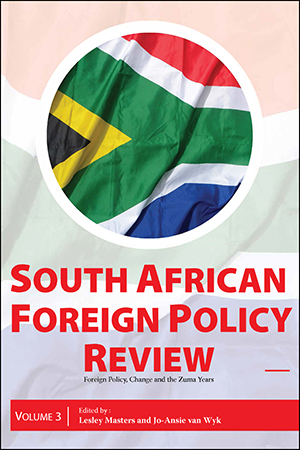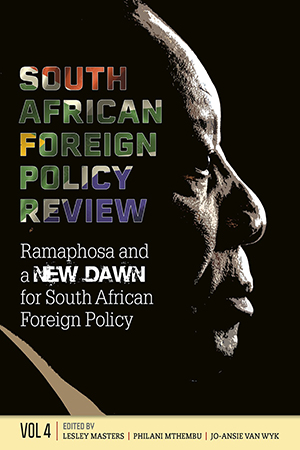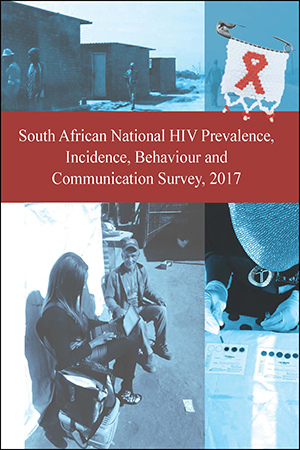BOOKS
While previous analyses of public-sector reform efforts in Latin America have focused largely on strategies to redefine the role of the state in the economy, there is a growing realization More >
Today's headlines are rife with reports of hate crimes, domestic terrorism, drug abuse, police malfeasance, and many other profound social problems. Equally, there are discussions, often More >
What are the social dimensions of sustainable development? Why are they important? Can agreement be reached on what constitutes progress? How can progress most effectively be brought about? More >
Bronwen Lichtenstein draws on cases around the world to illustrate how sexual epidemics continue to be shaped by powerful forces of race, gender, and the lingering consequences of More >
This scholarly reflection on state-based research commemorates the 90th anniversary of the National Bureau for Education and Social Research—South Africa's first public social More >
South Africa in Southern Africa critically examines the dynamics of political change and conflict in South Africa in both the domestic and international arenas. The assumption that guides More >
At the start of the twentieth century, newly urbanized South Africans struggled with mainstream missionary education and its associated oppression, segregation, displacement, and not least, More >
Spanning the Mbeki and Zuma administrations, this volume of South African Foreign Policy Review explores questions of continuity and change. Among the topics covered are the roles of the More >
This latest volume of South African Foreign Policy Review assesses South Africa's foreign policy during the presidency of Cyril Ramaphosa. Focusing on such themes as foreign policy More >
This study reports the results of the most recent in a series of cross-sectional surveys undertaken by a research consortium led by the Human Sciences Research Council (HSRC). The consortium More >



